Real Estate Terms - The Basics
It’s easy to be overwhelmed when you are entering into your first home or investment purchase, there is a lot of terminology that you hear in conversation and are probably wondering what it means. I have put together some common real estate terms and definitions to make your home buying and selling experience a little easier. Don’t worry about sounding professional, don’t overthink it, just get familiar with the terminology!
General Real Estate Terms You Should Know - I might quiz you!!
Appraisal - an estimate of the current market value of a home, generally provided by an Appraiser
Appreciation - when a house goes up in value over time
ARM - Adjustable Rate Mortgage - where your interest rate could go up or down with time
Amortization - spreading multiple payments over a period of time aka the period of time required to pay off the mortgage debt
Approved Lender - a lending institution aka BANK or Credit Union which is authorized by the Government of Canada to make loans such as CMHC-insured mortgages
Closed Mortgage - VERY IMPORTANT as this is a mortgage that cannot be prepaid or renegotiated before the end of the term without the lenders permission and an interest penalty, therefore you want to know when you are renewing your mortgage if you are planning on moving in the near future and in that case you would have an Open Mortgage. Unless of course you love paying extra fees to the bank!
Broker - The person that makes sure I don’t make any mistakes!
Buyer’s Agent - the Realtor (Me) that represents the Buyer (You) to help you find a home
Closing (Date) - happens at the very end of the process when the property changes hands from one person (the seller) to another (the Buyer)
Closing Costs - the costs you have to pay in addition to the cost of the home. Examples: legal fees, land transfer fees and disbursements
Closing Documents - a lot of paperwork that you will sign with a lawyer when you purchase a property. Generally done 1-2 weeks before the Closing Date
CMHC - Canada Mortgage and Housing Corporation. A Crown (Federal) owned corporation that develops and sells mortgage loan insurance - definitely a mortgage broker question
Conditional Offer - An Offer to Purchase a home that includes one or more conditions that must be met before the sale is official and firm (for example; getting a mortgage approval or home inspection) and something that Did not happen from 2019-2021!
Conventional Mortgage - A mortgage loan for up to 80% of the value of the property. Mortgage loan insurance is usually not needed for this type of Mortgage.
Counter Offer - If your original offer is not accepted by the Seller, the Seller may send back a counter offer. This will usually have changes to the original offer such as price or closing date.
Credit Report - VERY IMPORTANT as a good credit report is important in having mortgage lenders determine your credit worthiness for getting a mortgage. It is a snapshot of your credit history and activity collected by credit reporting agencies.
Deed - a piece of paper that states you own the property - usually sent with the Closing Documents
Contact Me
The easiest way to get started is to contact me first! We can go over in detail what you would like to do, I will set up a PLAN and then step-by-step I will take you through the process.
Buying Affordability
When purchasing, one of the most crucial things is knowing what you can afford. This requires you to speak with your mortgage broker or bank go over our plan with them and get a letter of commitment in writing.
Selling
You want to sell your home, now what? Should you sell your house first and then look for another property? Should you buy a home first and then put your property on the market? Do you need to renovate? These are all great questions and are very much individually answered based on the condition of your home, the neighbourhood and current market conditions
Investment Property
There are many ways to make money in real estate. Understanding them will allow you to make an educated decision of what works for you. ARV, BRRR, Long term Rental vs Short term Rental





